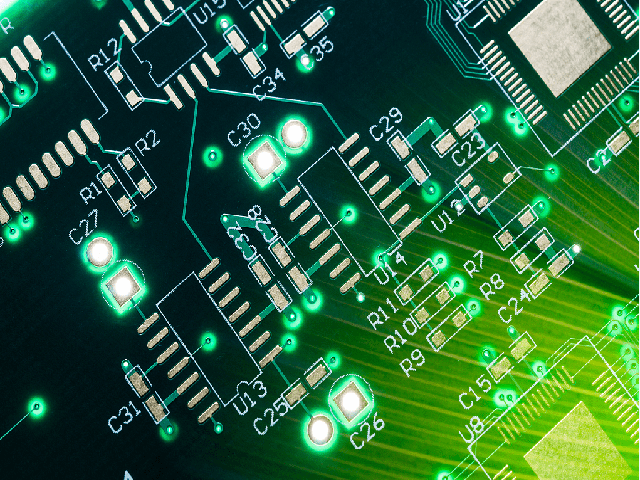Full Turnkey PCB vs Consignment PCB Assembly: Which Is Right for You?
When it comes to PCB (printed circuit board) assembly, there are two main options to choose from: Full Turnkey and Consignment. But what exactly do these terms mean, and how do you decide which one is right for your project? In this post, we’ll define Full Turnkey and Consignment PCB Assembly, outline the benefits of each, and discuss the factors you should consider when making your decision.
What is Full Turnkey PCB Assembly?
Full Turnkey PCB Assembly is a service in which the manufacturer handles every aspect of the PCB assembly process, from design and component sourcing to manufacturing and testing. Essentially, the customer provides the specifications and requirements for the PCB, and the manufacturer takes care of the rest.
One of the main benefits of Full Turnkey PCB Assembly is that it reduces risk and hassle for the customer. By outsourcing all aspects of the process, the customer doesn’t have to worry about coordinating different vendors or managing the various steps of the process themselves. This can be particularly beneficial for those who are new to PCB assembly or don’t have the necessary resources or expertise in-house.
Another advantage of Full Turnkey PCB Assembly is that it allows for a more streamlined and efficient process. The manufacturer is able to handle all aspects of the project, which can result in faster turnaround times and potentially lower costs.
What is Consignment PCB Assembly?
Consignment PCB Assembly is a service in which the customer provides all the necessary components and design files, and the manufacturer only handles the assembly and testing of the PCB. This means that the customer is responsible for sourcing the components and creating the design, while the manufacturer is responsible for the actual assembly and testing.
One of the main benefits of Consignment PCB Assembly is that it allows the customer to use specific components or work with their preferred design files. This can be particularly important for those who have specific requirements or preferences for the components used in their PCB.
Consignment PCB Assembly can also be more cost-effective for the customer, as they are able to purchase the components themselves and potentially negotiate better prices. Additionally, the customer has more control over the process, as they are able to closely oversee the design and component sourcing.
Factors to Consider When Choosing Between Full Turnkey and Consignment PCB Assembly
When deciding which option is right for your project, there are several factors to consider. These include:
- The level of control and involvement you want to have in the process
- The complexity and size of the project
- The resources and expertise available to you
- The budget and timeline for the project
If you are new to PCB assembly or don’t have the necessary resources or expertise in-house, Full Turnkey PCB Assembly may be the better option. It allows you to outsource all aspects of the process and reduces the risk and hassle for you.
On the other hand, if you have specific requirements or preferences for the components used in your PCB, or if you want to have more control over the process, Consignment PCB Assembly may be the way to go. This option allows you to use your preferred components and design files, and gives you more control over the process.
Ultimately, the right choice for you will depend on your specific needs and resources. It’s important to carefully evaluate these factors and consider seeking the advice of a trusted PCB manufacturer or engineer to determine the best option for your project.
Conclusion
In summary, Full Turnkey and Consignment PCB Assembly are two main options to consider when it comes to PCB assembly. Full Turnkey PCB Assembly involves the manufacturer handling all aspects of the process, while Consignment PCB Assembly involves the customer providing the components and design files and the manufacturer handling the assembly and testing.
When deciding which option is right for your project, consider the level of control and involvement you want to have, the complexity and size of the project, the resources and expertise available to you, and the budget and timeline. Full Turnkey PCB Assembly can be beneficial for those who are new to PCB assembly or don’t have the necessary resources or expertise in-house, while Consignment PCB Assembly may be more suitable for those with specific requirements or preferences for components, or who want to have more control over the process.
Ultimately, the best option for you will depend on your specific needs and resources. Carefully evaluate these factors and consider seeking the advice of a trusted PCB manufacturer or engineer to ensure that you choose the right option for your project.
